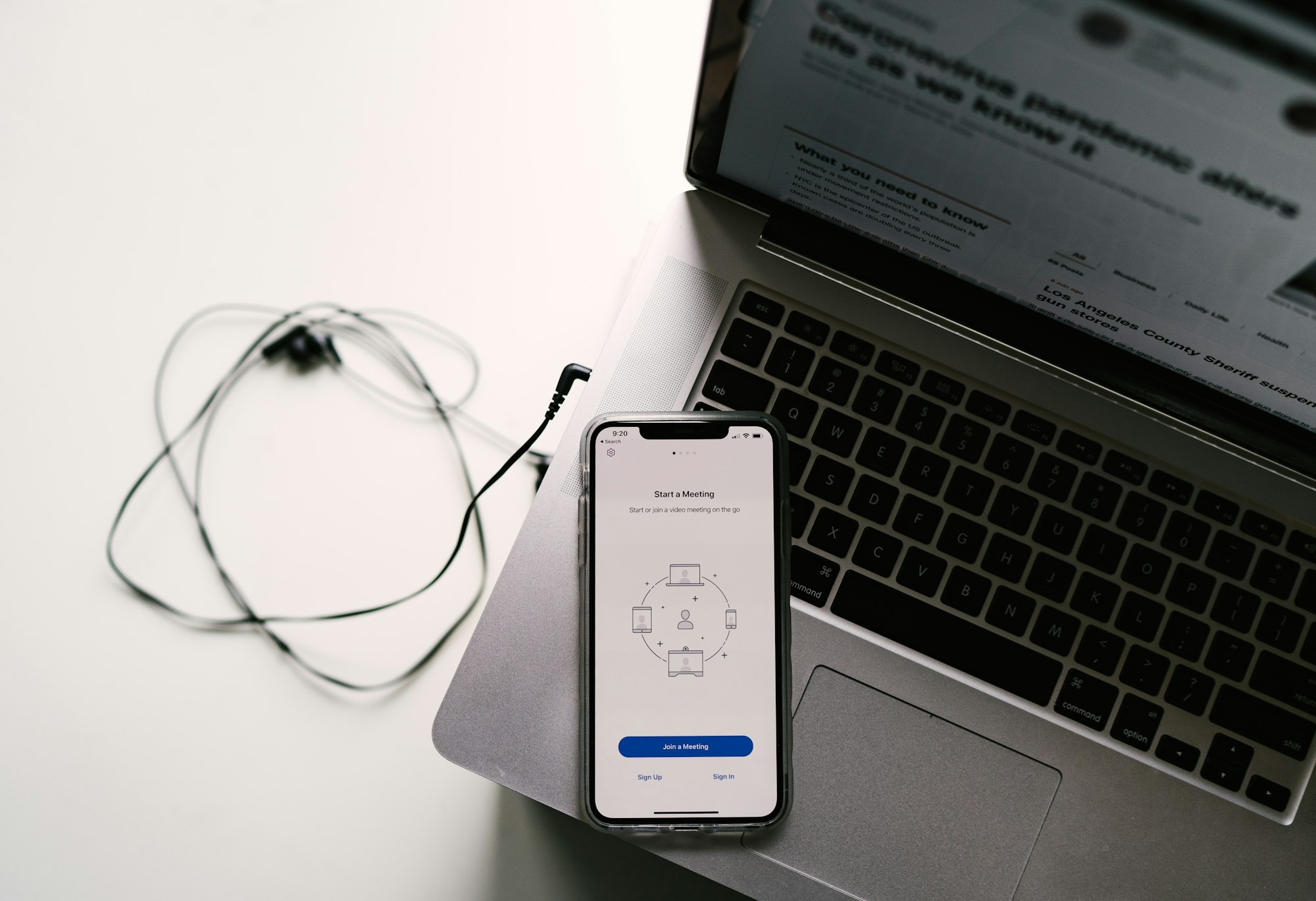V School Orientation

Welcome to V School! We're thrilled to have you here learning with us, and look forward to helping you achieve your career goals. 📈
The intent of this post is to help you learn about day-to-day life as a V School student and hopefully to answer some of your questions ahead of time.
Introduction
V School's core philosophies are centered around our students' successes. Everything we do is intended to help you get closer to your goals of finding fulfillment, prosperity, and stability in your career.
In fact, V School originated out of a dev shop. This dev shop (called Verisage) was looking for developer talent to work on projects, but was unable to find enough people to meet demand. So they took matters into their own hands and trained some interested people to become developers, and then employed them to build client projects with them.
Eventually, the clients started snagging these developers from Verisage to work full time for them, and the idea of Utah's first coding bootcamp was born!
Long story short, V School has job outcomes in its genes. It's how we were created, and it's how we'll continue forever.
Revamping Traditional Education
Traditional education is flawed by virtue of its incentives and focus. There's still a lot of good that happens inside of traditional education institutions, but their incentives are more aligned with "graduation rates" than they are end-of-the-road outcomes for its students.
Because of this, most educational institutions today center their classes around a time-bound amount of curriculum that needs to be delivered to its students at a certain speed so that the students can (hopefully) absorb everything before the semester/term is over.
Think of it like a bucket.

This bucket contains a certain amount of curriculum you're expected to consume over a specified amount of time. Teachers or professors will "pour" this bucket out over the course of the semester by teaching you new things at a pace that (hopefully) most students can catch in a "cup" (their brain) without too much of that knowledge spilling out. However, because of the time element (the need to deliver all the curriculum before the semester is over), some students will feel it's being poured too slowly, and some will feel it's being poured way too quickly.
Unfortunately, not everyone learns at the same pace or in the same way.
V School takes a student-first approach instead of a teacher-first approach. The bucket of curriculum is there for all to partake at the pace best suited to their needs. We'll talk more about it below in the section on "Responsive Learning", but think about how this arrangement changes when students can scoop from the bucket at the speed that is best for each individual.
Our approach - "Responsive Learning"
We've decided to modernize education a bit by taking Time out of the learning equation. In order to do this, we've pre-recorded all our content and allow students to move through it at a pace that makes sense to them.
Additionally, we've interjected into that curriculum as much practice as possible. Where normally you might sit through a 50-70 minute lecture before being able to spend any time practicing the things you're learning, we ask you to practice things while you learn them. Getting your hands dirty practicing the things you're learning is vital to helping those things stick in your mind.
Then, if you ever get stuck or make a certain amount of progress through the materials, you meet with an instructor to assess your progress, help with any weak areas, and generally be a gatekeeper to allow you forward in the curriculum once you've been able to prove to us you've learned what you need to have learned.
The term "Responsive Learning" is one we invented to convey the idea that you learn asynchronously (with the recorded lectures), but also have instant access to live instructors and mentors whenever you need them.
Day-to-Day at V School
So what does a typical day as a V School student look like?
Conference Call

We have a live call running on Zoom throughout the day that we expect our students to join while they learn. You can always turn off your sound and minimize the call window when you're in the zone, but having you on the call is very helpful for us to know who is actively participating at any given point in time.
Zoom also allows us to create a breakout room and pull students in for one-on-ones or smaller group sessions without disturbing the main call.
Modules

The actual curriculum you'll work through is divided into "modules". The first module students work through is Module 0, which occurs before someone is officially admitted into V School. Its curriculum contains the building blocks of web development, and culminates in a pre-course project that you present to a V School instructor for review.
Passing Module 0 puts you into the regular flow of curriculum, from Module 1 through Module 6. At the end of each module, you are required to have a module evaluation with an instructor to ensure that you've learned everything required from that module before moving too far ahead. This is our way of ensuring that you're not just breezing through all the curriculum without practicing the content.
Daily Stand-up Meetings

In most work environments, you'll have a frequent (often daily) "stand-up meeting" with your team. These stand-ups are intended to be short (10-15 minutes) and to hold each person in the group accountable to their own goals.
Soon after beginning at V School, you'll be assigned to a group for these meetings. Every day, your group will meet and each person in the group will answer 3 questions:
- What parts of the curriculum did I work on yesterday?
- What parts of the curriculum am I going to work on today?
- Is there anything that is blocking me from achieving my goals for today?
These questions are intended to keep you accountable to the goals you set yesterday, but also to help us at V School keep track of your progress and help you whenever you get stuck.
"Graduation"

Simply put, "graduating" from V School happens when you get a job in tech. Because we're not limited by time like traditional education, we help you move through the curriculum at an ambitious (but digestible) pace, and work with you on your career preparation and experience-building until you're finally able to land a good starting job in the tech field.
Once you complete all 6 of our regular "skills-building" modules (the ones with recorded lectures, new content, and class projects), we move you in to Module 7, which we consider an "experience-building" module.
Module 7
Module 7 consists of anything that helps you gain real-world experience in the development world. It could be an internship that you secure on your own, it could be an internship provided by a V School partner, or it could be a real client project from the community. Since you're essentially a V School student until you get a job in the tech field, it's possible to have multiple runs through Module 7. For example, you might first work on a client project from the community, and then get an internship at a local company. Since neither of them are technically a full-time job in tech, we want to make sure we keep you on our radar so we can help you do everything you can to convert those experiences into full-time employment.
Remote Learning Advice
Learning and working remotely can be an amazingly rewarding experience. As a student at a school that is 100% online, you'll likely find both advantages and disadvantages of being on your own. Each person's approach is slightly different from the next, but we've found a number of tips we'd like to pass on.
Get Ready for the Day

However tempting it may be to stay in bed in your PJs and flip open your computer to work through some curriculum, you'll be much more productive (and your mind more receptive to learning) when you take the time to get ready for the day as if you were physically going a campus.
Take a shower, get fully dressed, do your regular morning routine, and then set up for your day of learning.
Have a Designated Study Spot

If you have a quiet room in your house where you can work relatively unencumbered, commandeer that space for your remote learning. This gives your mind the chance to really focus on whatever task you have at hand, and puts you in "learning-mode" whenever you go to that space. If space is limited, find a way to mentally transform your common area into a place where you can focus solely on learning.
Remove Distractions

You'll likely find distractions to be the biggest deterrent to your productivity. As much as possible, remove anything you find that pulls you away from your learning. Some examples of this include:
- Putting your phone in airplane mode or do-not-disturb mode. (Or even in the other room!)
- Put your computer into do-not-disturb mode
- Hard close all distracting apps on your computer, such as email clients, messaging apps, gaming apps, etc. (While you're at it, consider downloading an app like Focus that can actually block distracting websites and programs as well.)
- Invest in a pair of headphones you enjoy wearing. Noise-canceling, if possible.
- When working on a project, consider playing non-distracting background music. This is different for each person, but usually something with few/no lyrics works well.
Schedule Your School Time

Choose an official start time and "school hours" every single day, and stick to it. This can help you stay focused, but also can set good expectations and boundaries of any roommates or family members.
Set Goals

We have you do this as a part of your daily standup, but feel free to expand on your goals for each day. Having goals helps you know ahead of time what you should be working on, and can reduce the amount of time you spend distracted or floundering. Consider setting these goals the day before so you don't spend too much of your time planning instead of learning.
Conclusion
Here at V School, we're working towards significant improvements over traditional education, which makes us uniquely qualified to prepare our students for a job in the tech industry. Our Responsive Learning approach to your education gives you some flexibility to learn in the way that best suits your needs, while giving us the confidence that you're building the skills needed to land that first job (and subsequent jobs) in tech.
Every process we put in place - daily standups, a live conference call, the Module system for dividing the curriculum - is all geared towards propelling you into your career in technology.
We're so excited you've chosen V School, and look forward to seeing what you're capable of accomplishing!
